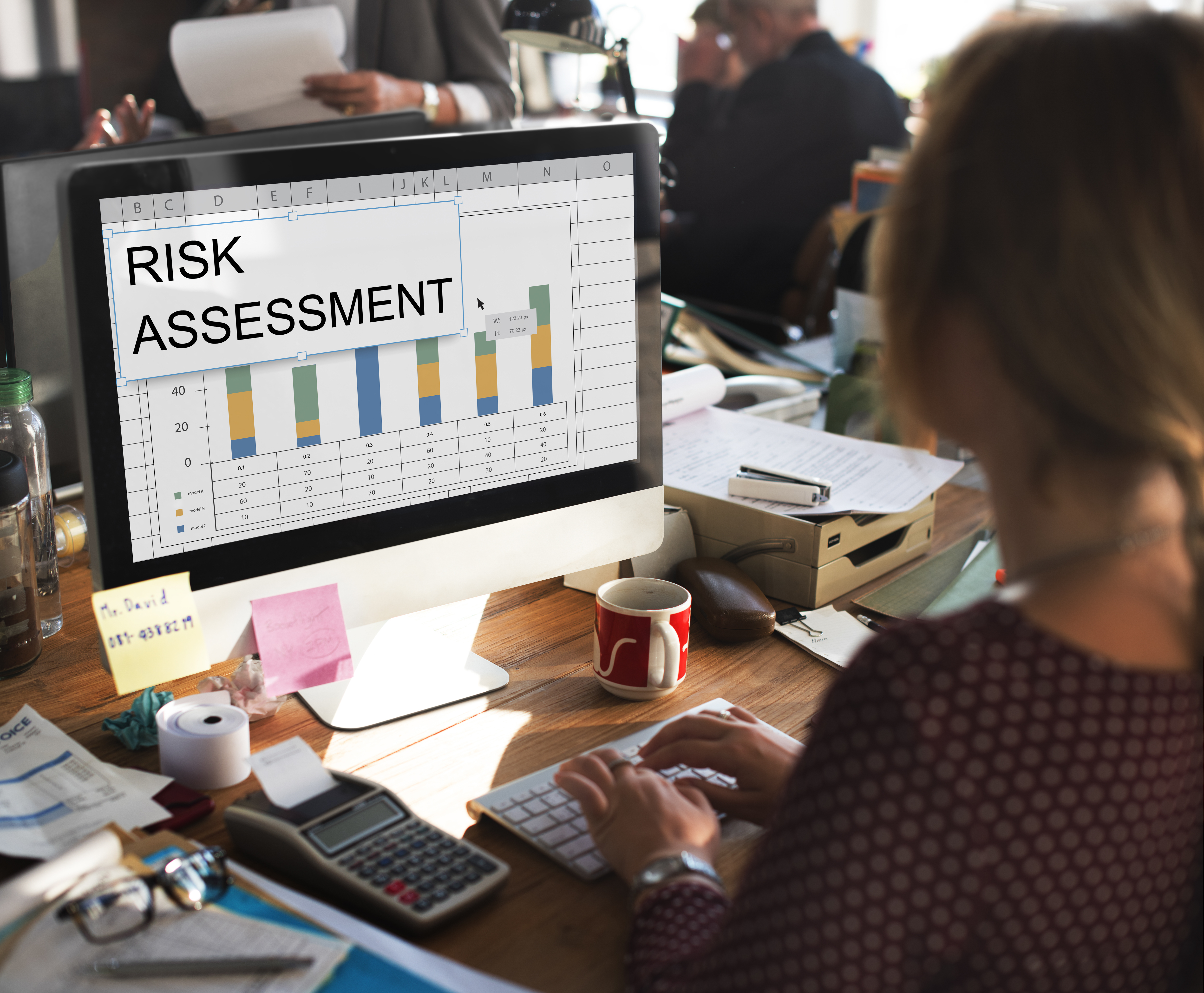We are writing this article to help small and medium sized businesses like us to deal with the adverse economic effects of COVID-19 situation. As we all realize, we are living in vulnerable and uncertain times. The 21-day nationwide lockdown is unprecedented in our history. There is already an anticipation that it could be extended. Our Prime Minister has also asked states to prepare for a longer partial lock down state.
The adverse economic effects of this situation would naturally extend in the future. Their gravity and duration are somethings that we all will have to wait and see.
To help SMEs, we have decided to research on the actions we could possibly take to deal with the economic impact of this situation. We do not have answers to all the questions ourselves. But we are listening to inputs from industry experts and consultants across the world. We are brainstorming on how they could be applied to SMEs. We will keep sharing these with you to prepare for what might come.
Broadly, this situation may pan out in two possible ways:
Scenario 1: This paints a picture where damage to the economic cycle is short term. The lockdowns are effective, and the spread of the virus is contained to safe levels. The restrictions are lifted as scheduled, and the economies gradually return to normalcy. Caution would still be required but business activity will start to spring back. This will happen across the world and international trade etc will be restored to earlier order. In such scenario, global economic impact should be short term and normal situation should restore in about 5 – 7 months. This can be seen happening in China and South Korea.
Scenario 2: The second scenario paints a gloomier picture and expect the situation worsening. The lockdowns might continue for longer, or there is an extended period of significantly reduced commercial activity. This will dramatically impact the consumption and demand of goods and services in the country and for longer time. Offices and factories will keep operating at much reduced scale. With zero or very low revenues, businesses will find it hard to continue to pay employees, service debt and pay rents, etc. It will start having its ripple effects too. The working capital would be stuck in businesses. Interest costs will accumulate. A natural consequence could be bad debts, unemployment and management challenges of inventory, cash etc. The recession in this case could extend to 2-3 years.
The above would seem scary. Honestly, I think that India is more likely to experience Scenario 1 because of the strict lockdown implemented. Countries like USA and Italy could go through Scenario 2 which will affect the world trade. This will impact the export driven businesses like IT, BPO/KPOs, goods export businesses and others. The Indian domestic businesses will do better. However, in any case, the subdued activity will continue for some time atleast.
In such situations, the common questions and concerns for businesses like us that need to be addressed are:
- How to deal with fixed salary expenses if the business operates at lower output for extended time?
- How to deal with other fixed expenses like building rent, leased machines, interest cost, etc?
- What to do with the inventory lying ideal in the warehouses? What about raw materials and work in progress?
- How to address the near-term cash management challenges?
- How to increase the resilience and strength of your business to survive through this?
- How to return your business to scale when the normal order is restored?
And more….






